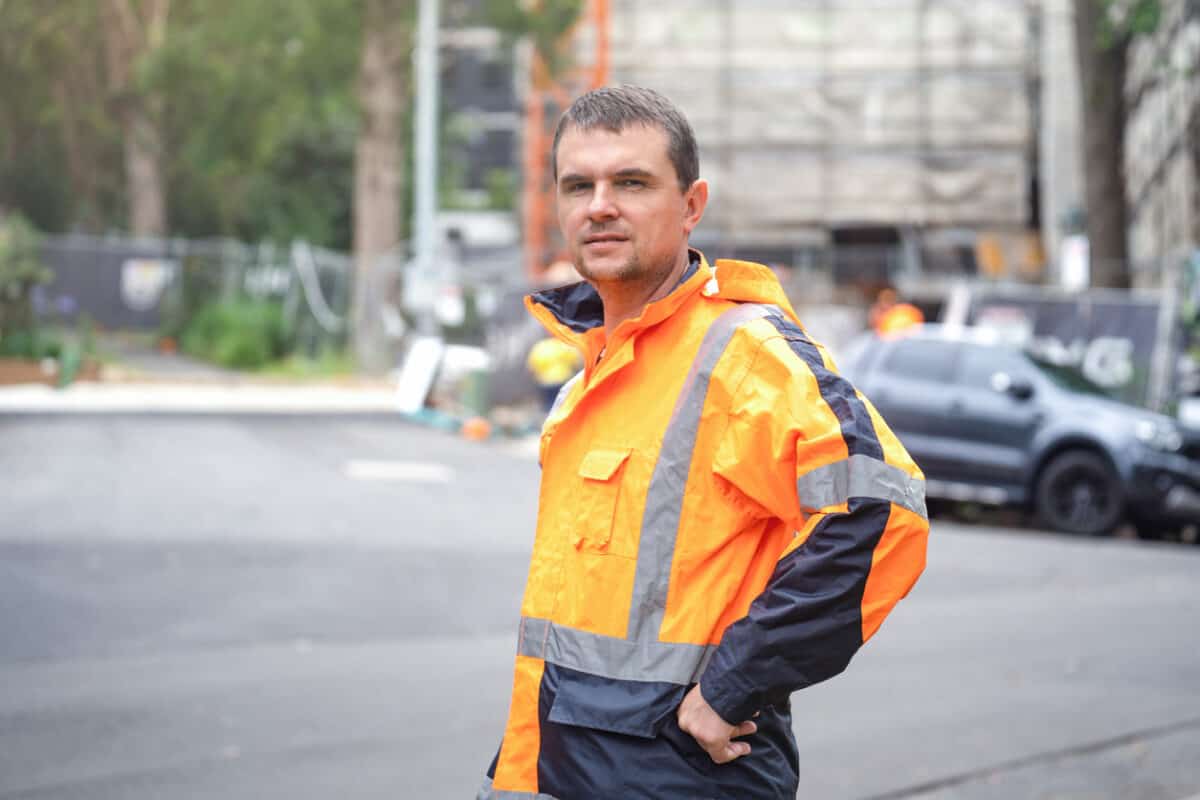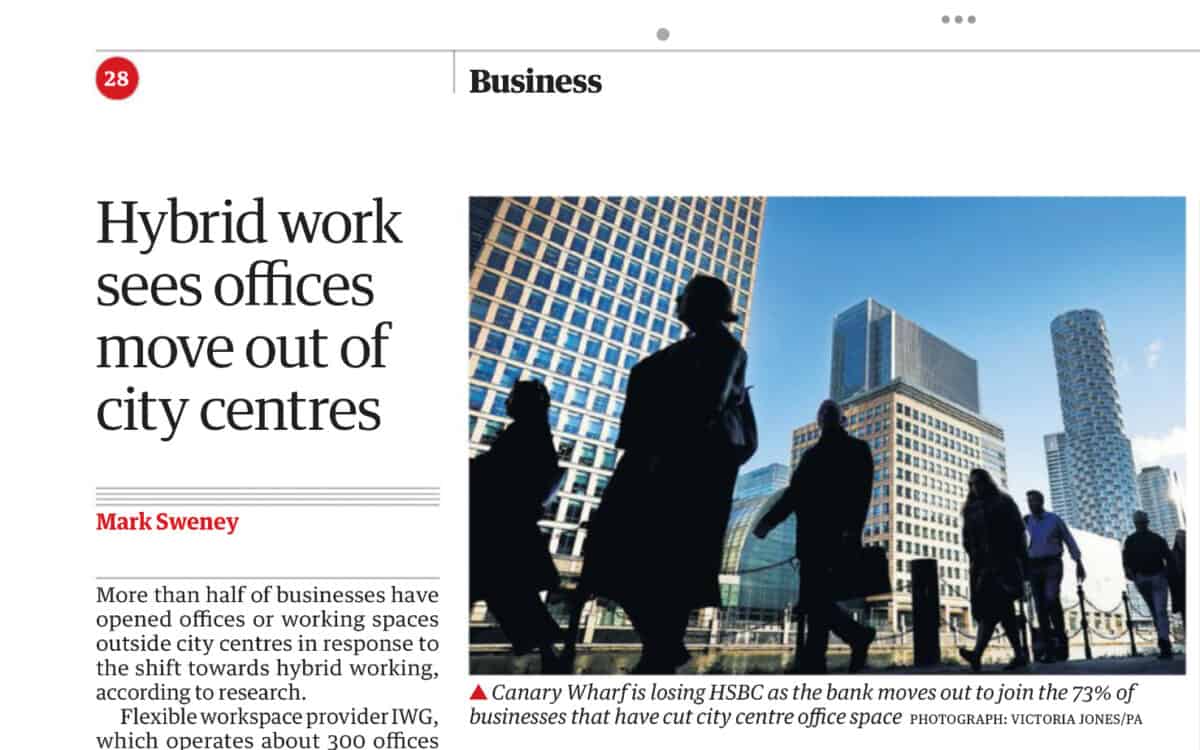Recently on LinkedIn Audrey McGibbon wrote this about an online article discussing working hours in Europe:
“Working excessively long hours is par for the course in many sectors. The reasons for it are complex. The culture created by the collective leadership shadow makes its presence felt in many ways.”
I am not sure that the reasons are complex but the cultural change may be hard.
I think that the challenge is that there are so many reasons, many that are simple. Some are reasons that are beyond the control of employers but most are not, or at least, those that can have the most effective and positive benefit on the mental health of workers, are not.







